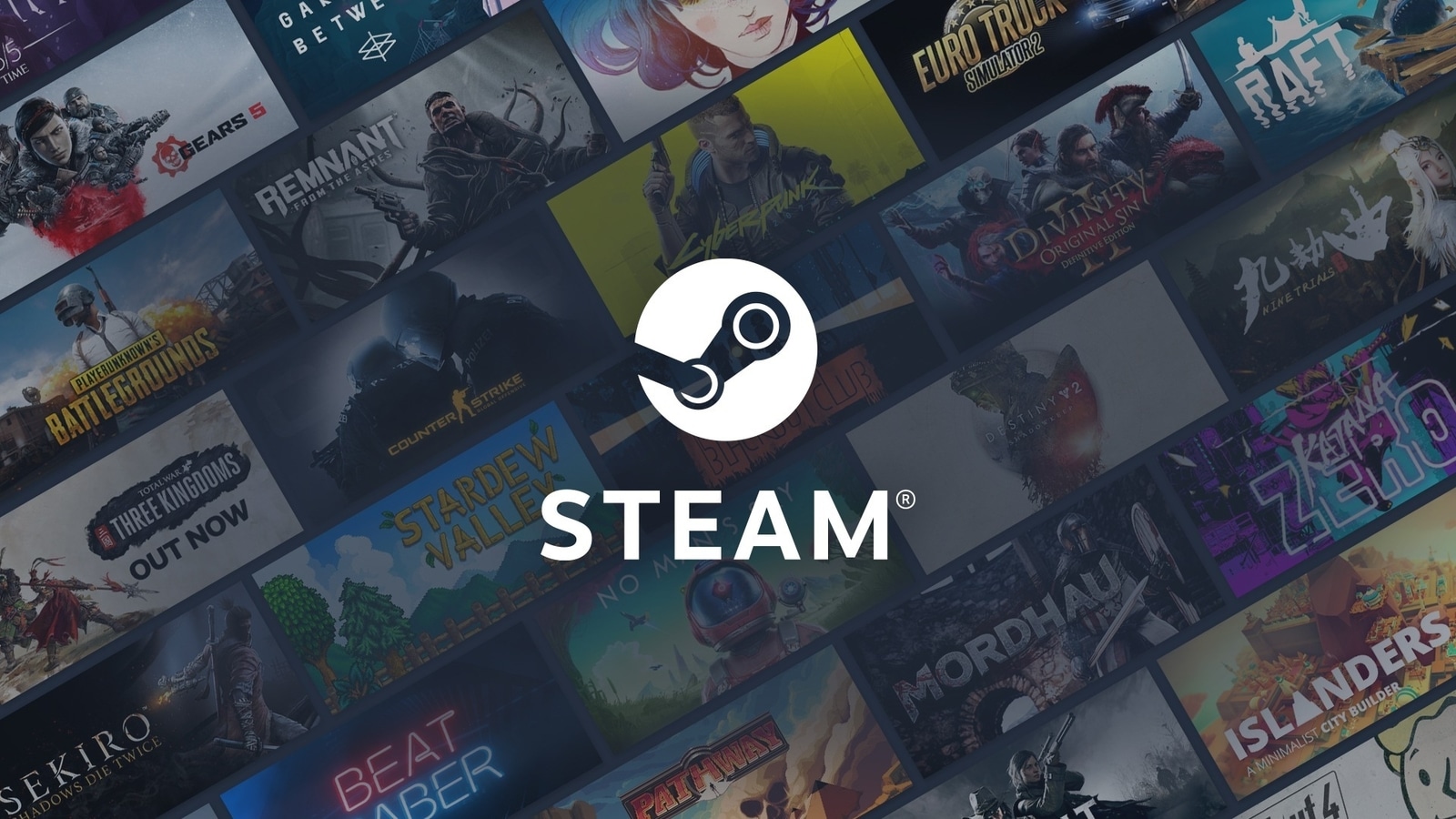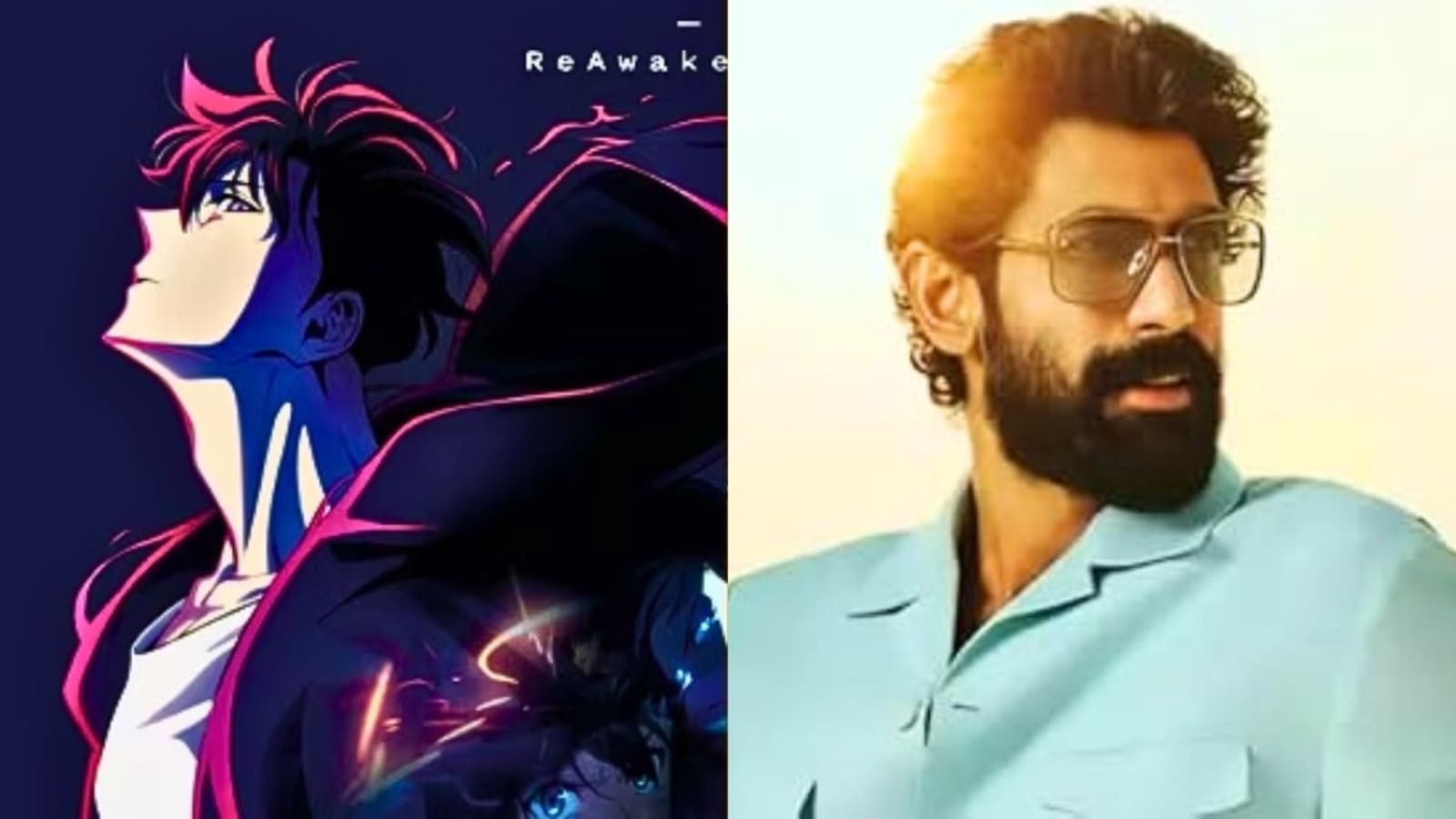The developments signaled the rocky path ahead for the billionaire who touted his support for free speech on a platform that is struggling to both rid itself of bigotry and generate new revenue.
Hours after meeting with representatives of civil rights groups over Zoom, Musk tweeted that it would probably take weeks for the company to design a process for reinstating user accounts — a vow that means former president Donald Trump will not rejoin the site before the midterm elections.
Musk also pledged that members of the civil rights community and representatives from groups that “face hate-fueled violence” would be included in an outside content moderation council that he has said will advise the company on policy matters.
Twitter will “continue to combat hate & harassment & enforce its election integrity policies,” Musk tweeted.
Right-wing influencers immediately criticized him for taking the meeting in the first place, often peppering their comments with prejudiced epithets. “I was 100% wrong about @elonmusk changing Twitter,” said one 900,000-follower account that had previously hailed Musk’s purchase of the platform.
The blowback signaled that Musk is already finding himself stuck in the paradox that other social networks, especially Meta-owned Facebook, have struggled with since the fallout of the 2016 presidential election, when a Russian troll factory spread misinformation through fake accounts and ads. Many of the steps that social networks took to crack down on disinformation and harassment on their platforms since then have only increased allegations from conservative figures that the tech companies are censoring content.
Representatives of the groups Musk had met with over Zoom saw his tweeted assurances as important, but they indicated that it was unclear whether he would follow through on his pledge to fight hate speech and misinformation.
“We’re going to watch very closely, very carefully,” Anti-Defamation League CEO Jonathan Greenblatt said. “But I was encouraged by the conversation and his willingness to engage with us.”
“I thought the conversation was respectful. It was not contentious,” said Rashad Robinson, the president of Color of Change, one of the groups that took part in the meeting. “We stressed what was important; he stressed his vision.”
Along with the ADL and Color of Change, groups participating in the meeting included the NAACP, Free Press, LULAC and the Asian American Foundation.
Musk himself alluded to the political pressures he faced later Wednesday. “Being attacked by both right & left simultaneously is a good sign,” he tweeted. He also tweeted a poll asking whether advertisers should support freedom of speech or political correctness.
According to Greenblatt, the meeting was an outgrowth of a call he had with Musk on Monday, arranged by a person in Musk’s camp. During that call, Musk assured Greenblatt that he didn’t want the platform to become a haven for hate. Greenblatt told Musk that he should also meet with other civil rights groups that share his concerns, and Musk said he wanted to set up a meeting immediately.
The next day, Musk joined a Zoom call with the representatives of the civil rights groups to discuss content moderation and the consequences of unchecked hate speech.
Free Press co-CEO Jessica González said the civil rights activists made three main requests: that Twitter continues its election integrity policies until after the results are certified; that Musk continues to hear from people who have been affected by hate speech, harassment and disinformation on Twitter; and that Musk will not reinstate users who have been kicked off the platform without a transparent process.
“What we did say is that the rich, powerful and famous should have to play by the same rules as the rest of us,” González said. “That’s just basic fairness, and that the people who’ve been de-platformed, especially the richest, the most powerful and the most famous, have often broken Twitter’s rules repeatedly.”
She added that Musk assured the group that employees on the company’s trust and safety team who were locked out of some content moderation tools over the weekend would have access again by the end of the week.
Robinson said that Trump was not mentioned specifically, though he confirmed that the subject of people who repeatedly violated the platform’s rules was a topic, as was who would serve on the content moderation council that Musk has proposed, Robinson said.
The meeting with civil rights groups came after reports in The Washington Post and other news organizations found a spike in racial slurs and hate speech on the site after Musk took over. Musk and other Twitter executives said they had changed no policies, and Yoel Roth, a Twitter executive responsible for content moderation policy, said the “surge in hateful conduct” had been driven by “inauthentic” and troll accounts.
More than 50 organizations, however, signed a letter to Twitter’s top advertisers this week asking them to cease spending on the social media site if Musk “follows through on his plans to undermine brand safety and community standards including gutting content moderation.”
The groups noted that they were concerned about the spike in hate and disinformation on the platform in the hours after Musk took ownership.
“Not only are extremists celebrating Musk’s takeover of Twitter, they are seeing it as a new opportunity to post the most abusive, harassing, and racist language and imagery,” the groups wrote.
Many of the civil rights groups that met with Musk on Tuesday were part of the Stop Hate for Profit coalition that orchestrated an advertiser boycott of Facebook two years ago. Hundreds of companies paused their advertising on Facebook to protest hate speech on the social media site.
Musk has sought to assuage big advertisers worried that changes to Twitter policy could stain Twitter feeds with more lies, crude images and hate speech. On the day he closed on his purchase of Twitter, he posted a letter to advertisers pledging that the site would not become a “hellscape” of abusive posts.
But how he meshes that with his earlier complaints that Twitter was too strict on what speech was allowed remains to be seen.
Twitter’s content moderation council will include representatives with widely divergent views, which will certainly include the civil rights community and groups who face hate-fueled violence
— Elon Musk (@elonmusk) November 2, 2022
At an event hosted by the Financial Times in May, Musk called banning Trump after the Jan. 6, 2021, Capitol riot a “mistake,” saying it “was a morally bad decision, to be clear, and foolish in the extreme.”
Musk himself caused concern with a tweet Sunday that linked to a post from a questionable news source about the attack on Paul Pelosi, husband of House Speaker Nancy Pelosi (D-Calif.). Musk subsequently deleted his tweet, prompting expressions of dismay from formerly supportive fans.
One tweeted that Musk had “cave[d] to the liberal mob.”
Musk’s defense of Roth, the Twitter executive responsible for content moderation policy, also riled pro-Trump Twitter users who have long portrayed him as one of the platform’s most censorious boogeymen. Liz Wheeler, a right-wing commentator, called Roth “a nasty individual” who “should’ve been the first person fired.”
That criticism continued Wednesday. “You can not have a free speech platform and take the advice of the ADL,” tweeted the Columbia Bugle, a pro-Trump account with 300,000 followers.
Musk signaled Wednesday that he intends to continue to use Twitter to troll his critics. After Rep. Alexandria Ocasio-Cortez (D-N.Y.) criticized his plan to charge $8 per month for the site’s blue-check verification, he tweeted, “Your feedback is appreciated, now pay $8.”
He then tweeted a photo of a sweatshirt for sale on the lawmaker’s website, circling the $58 price tag.
Faiz Siddiqui contributed to this report.





















![[Her Majesty Queen Adziwonor III official photo and the Queen distributing school supplies to children in the Gbi Traditional Lands.]](https://www.newedgetimes.com/wp-content/uploads/2024/11/1-350x250.png)


